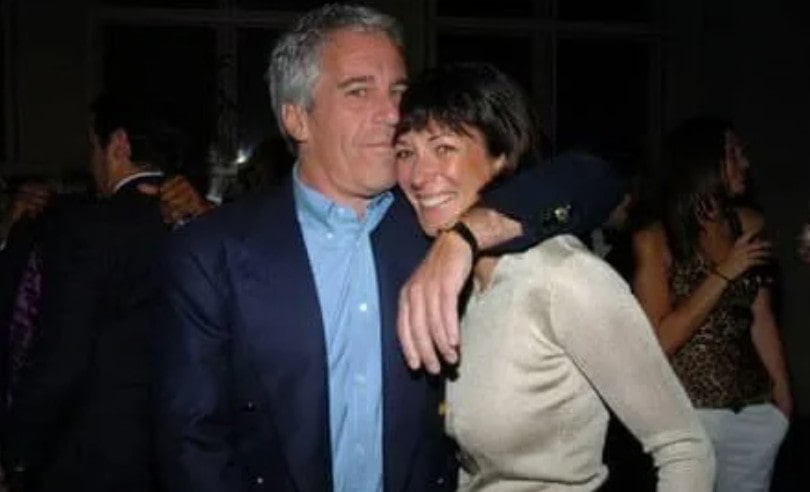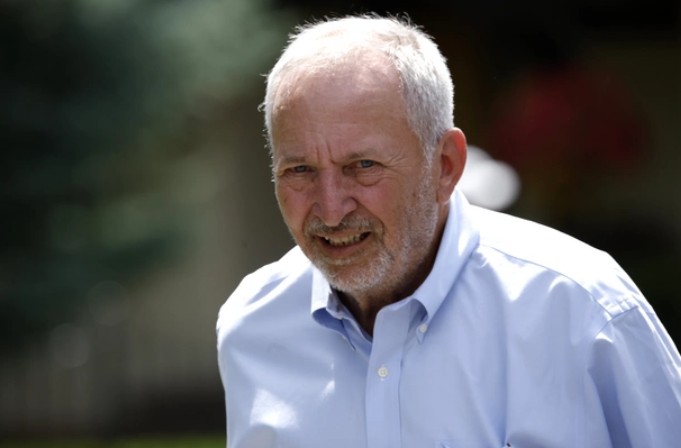Former Harvard University president Larry Summers has moved to withdraw from several public roles following the release of emails exposing his long-running communication with disgraced financier Jeffrey Epstein.
The disclosures, published by Congress last week, have reignited scrutiny of Epstein’s influence network and placed Summers at the centre of a widening controversy.
Summers Acknowledges Mistakes
In comments issued to CBS News, Summers expressed regret for his actions, saying he recognised the unease caused by the resurfaced communications.
As he put it, “I take full responsibility for my misguided decision to continue communicating with Mr. Epstein.” His statement marks a rare moment of direct accountability from a figure long associated with Washington and academic leadership.
Email Trail Reveals Close Contact
The newly surfaced emails show that Summers kept in touch with Epstein until just one day before Epstein’s 2019 arrest.

Far from being occasional exchanges, the emails refer to regular dinners and efforts by Epstein to link Summers with global power players.
One dispatch from July 2018 included an offer for Summers to meet the chairman of the United Nations, while another communication from 2016 revealed Summers advising Epstein not to mention him to also- President Donald Trump due to possible conflicts of interest.
These details have touched off fresh debate about the reach of Epstein’s network and the high-position numbers who maintained connections with him despite his former conviction.
Political Pressure and Investigations Intensify
The contestation has quickly spilled into the political arena. The U.S. House of Representatives is preparing to bounce on releasing the full set of Epstein-related documents, a move that could reveal indeed more names linked to the late financier.
At the same time, the Department of Justice has begun an inquiry into Epstein’s ties to notable Egalitarians, including former President Bill Clinton.
President Donald Trump has intimately pressured investigators to examine Summers and a range of other individuals connected to Epstein, adding a charged political dimension to a formerly sensitive issue.
Summers’ Career and Institutional Fallout
Larry Summers has been a central figure in American economic policy for decades. He served as U.S. Treasury Secretary under Bill Clinton, later came head of the National Economic Council under Barack Obama, and led Harvard University from 2001 to 2006.
Although he remains a professor at Harvard University, Summers is now stepping back from numerous of his external positions.
The Center for American Progress has confirmed his departure from the organization, underscoring the significant reputational impact of the email disclosures.
Summers has said he will continue teaching but will reduce his public visibility in an attempt to rebuild trust and avoid further distraction.
Public Reaction and What Comes Next
The broader Epstein disquisition continues to widen, with growing calls for transparency around who maintained ties with Epstein and to what extent.
For Summers, the exposures have created a pall that may follow him for some time, regardless of his decision to retreat from public engagements.
As further documents are anticipated to surface, the limelight on Summers’ past dealings with Epstein will probably remain intense. His admission of responsibility may help temper some review, but the public and political fallout is far from over.






